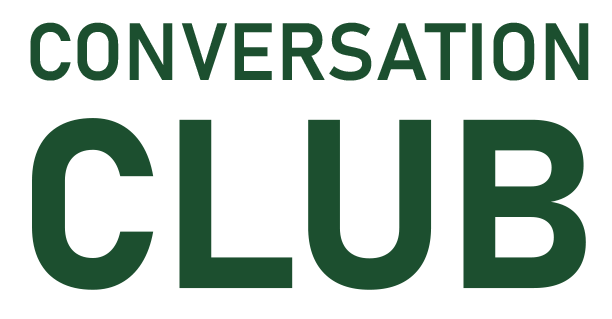Central Board of Secondary Education (CBSE), as part of the career guidance initiative, has launched a career guidance portal – www.cbsecareerguidance.in. The platform presents valuable career related information to students and is quite simple to use. The portal provides comprehensive information and is free. Presented in this article is a simple walkthrough that’ll help navigate and make the most of this free career planning resource.
Steps to Register
There are two ways to start – you can register or login with an existing gmail account at cbsecareerguidance.in. We took the registration route and created a new account. Basic information was sought at this stage, including the name of the state, school and subjects opted in class 11th/12th. A verification email is sent and post confirmation, registration is complete.
Inside the Portal
CBSE career guidance portal’s welcome dashboard offers you 3 exploration options to select from viz., Career, College & Exams. Additionally, you can select your choices for the following couple of questions:
What do you like doing apart from studying your subjects?
Which subjects do you enjoy studying?
Once you answer these questions, career options in the selected category are provided. Let’s understand with an illustration. If we list biology as the preferred subject, the first career option is ‘Critical & Trauma Care Specialist’. Clicking on the option takes you to the detailed page, where the following subheads are covered:
Introduction to the field
What do you do as a career?
Future growth / how much you can make in this career
Career pathways (how to become a professional)
Certifications
Skills & aptitude
Placement companies
Links to external blogs & journal
Real life professionals
Technologies
Job designations
Tools at Work
Additional resources & more…
Alternatively, you can also go back to the dashboard and select career, college or exam icon to gather information about a specific query.
For instance, by clicking on the college option, one can search for various colleges providing a specific course, along with details like location, fee & rankings.
Pros & Cons
The website is definitely a brave and encouraging effort from India’s leading education board. Given the number of students who enrol with CBSE every year, this is certainly a much useful step in the right direction. Meaningful data, in quite a simple manner, has been summarised under one umbrella, which certainly makes it an easy to search portal. Especially given the plethora of resources, as a learner, it is useful to access a website that is managed by an institute of repute and is available free of cost.
A drawback however, of the website at this stage seems to be the lack of promised information under the assorted subheads. There are information gaps that still need to be filled. For instance, continuing with the selected career option, if we select the career pathway and choose the Post Graduation Degree link, the information doesn’t suffice. Just a broad category is mentioned, which doesn’t really help with the steps thereof and therefore, research outside the website is suggested. Likewise, details regarding all colleges and courses aren’t fully updated. Nonetheless, there are enough external links and videos to complement the research. In a nutshell, the CBSE career guidance portal is an evolving platform and can certainly serve as a decent starting point.
